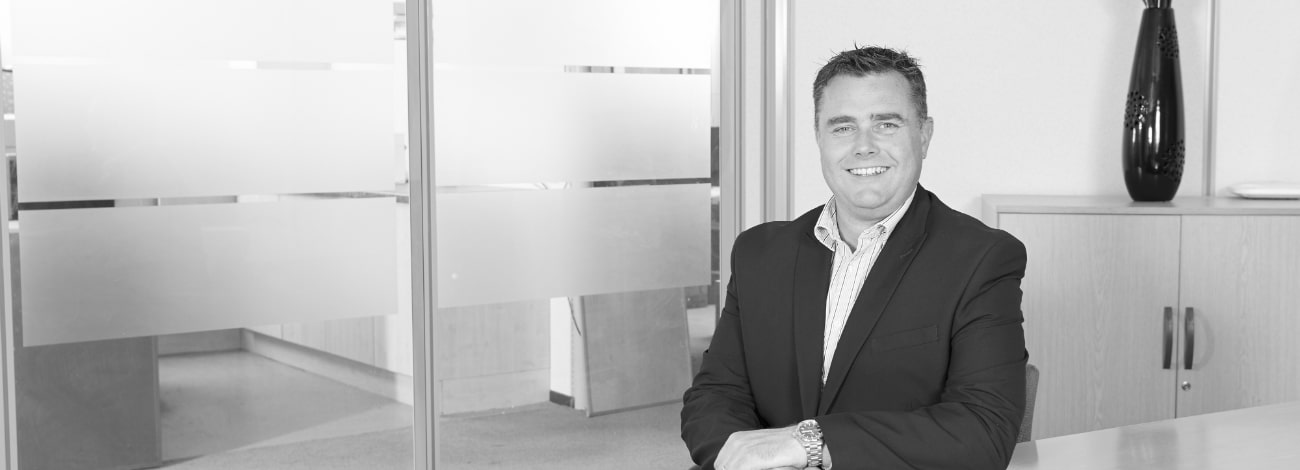Following the devastation of a brain injury, you will be left with either short or long term consequences, and either you or your family will face making life changing alterations to your home, work and care needs. In order to adequately provide for these, if the injury was caused by someone other than yourself, a claim for compensation could be made to cover the cost of essentials such as medical treatment and ongoing care, rehabilitation services, counselling, disability aids, accommodation or alterations to the existing home.
If you decide to make a claim for compensation, you can rest assured you will be supported every step of the way with our experienced, understanding and sensitive team.
Initially, we will meet with you and your family to discuss your injury, the impact it has had on yours and your loved ones life and the future prognosis for your condition and symptoms. Following this, we will then request copies of your medical records from your GP and hospital. Using those we will write to the party responsible for your injury, informing them of your intention to make a claim with a summary of the evidence. At this time, we will also investigate the different options open to you in terms of your rehabilitation.
The party has three months to confirm or deny liability. If they confirm liability, we will begin to collect evidence in two areas:
- Medical Report (injuries confirmed, any ongoing symptoms and any further treatment)
- Financial Losses (such as loss of earnings and out of pocket expenses – remember to keep any receipts)
It is at this stage where we will apply for an interim payment for you. This is to allow you part of your compensation settlement before the final figure has been reached. These are only available when liability has been admitted, so even though there will be compensation on its way, the process can take several months if not years and so this interim payment can assist you in paying for any medical treatments or care arrangements you need to make, or if you have suffered loss of earnings.
Once these documents are concluded and we have built a case, we will recommend a settlement figure to the other side. They then have three weeks to either agree or refuse this offer. If they agree, then you will receive your compensation and your claim will conclude. If they refuse, we will then negotiate on your behalf, consulting you at every step.
If the other side deny liability, or a settlement figure can not be agreed, it is likely your claim will continue to trial. We will work with our recommended team of barristers on your behalf, who have years of experience in representing those with brain injuries, to ensure the very best result for you and your family.




